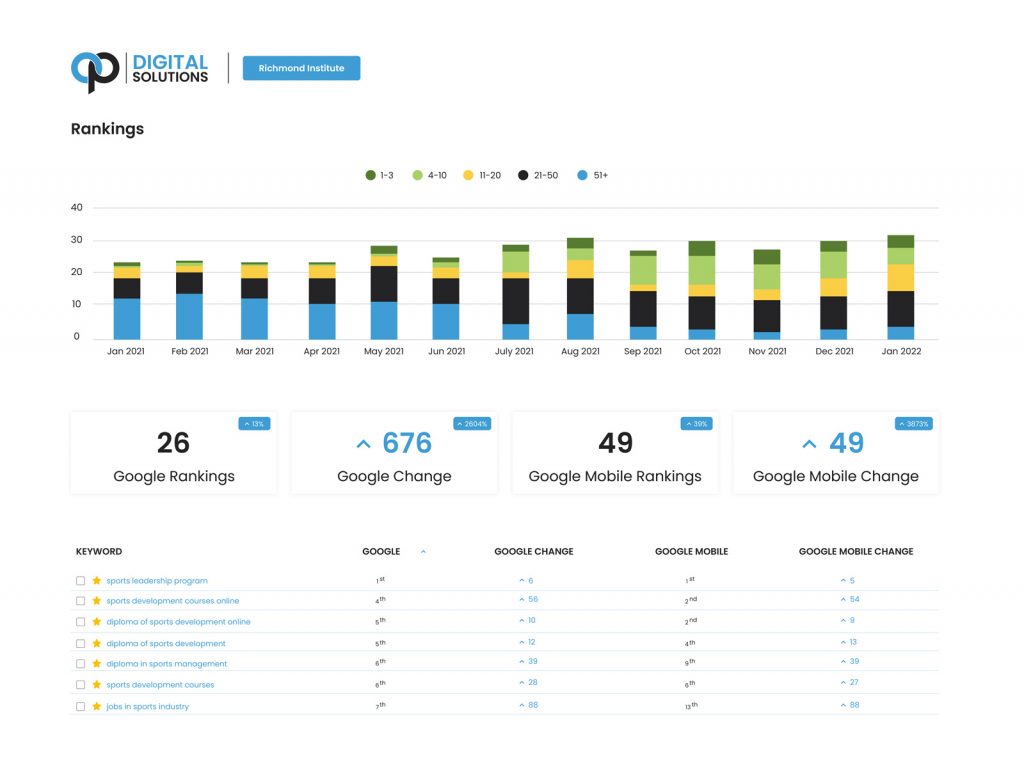

When it comes to incorporating keywords in your content, it’s a bit of an art mixed with science. Keywords are essential for SEO (Search Engine Optimisation), helping search engines understand what your content is about and making it easier for users to find it. However, overusing them can backfire, leading to a negative user experience and potentially harming your SEO efforts.
The ideal keyword density – the percentage of times a keyword appears in your content compared to the total word count – has been a topic of discussion among SEO professionals. It’s about finding that sweet spot where your content resonates with both search engines and human readers. Let’s explore if it’s really a ranking factor or just a piece of the SEO puzzle and check current best practices and standards for keyword density, ensuring your content hits the mark in SEO without compromising quality.
Keyword density is all about how often a specific keyword appears in your content compared to the total word count. It’s a percentage that tells you how frequently keywords show up. Think of it like seasoning in a dish – too little and it’s bland, too much and it’s overwhelming. In the early days of SEO, high keyword density was a sure-fire way to rank higher. But as search engines have evolved, so have their algorithms. It’s no longer just about how many times you repeat a phrase; it’s about the quality and relevance of your content.
Gone are the days when search engines were simplistic. They’ve become incredibly sophisticated, understanding context, synonyms, and user intent. This evolution means they no longer rely heavily on keyword density. Instead, they focus on the overall quality and relevance of content to deliver the best search results.
Back in the day, stuffing your content with keywords was a common practice. But now, it’s a big red flag for search engines. It makes your content sound unnatural and spammy. This approach can harm your rankings, as search engines prioritise content that sounds natural and offers genuine value.
So, what’s the ideal keyword density? There’s no one-size-fits-all answer, but a general rule of thumb for keyword density is about 1-2%. Generally, a natural, conversational use of keywords is recommended. Aim for a density that feels organic within the content. It’s more about how well you integrate keywords rather than hitting a specific percentage.
It’s not just about the frequency of keywords but their context. Search engines have become adept at understanding the surrounding content. They look at how keywords fit into the overall topic. This is where LSI (Latent Semantic Indexing) comes into play. LSI helps search engines grasp the context and relevance of your content. It’s about using related terms and synonyms that naturally support your primary keywords. This approach helps search engines understand the depth and relevance of your content, which can positively impact your ranking more than simply repeating the same keywords.

LSI keywords are essentially related terms and synonyms. They help search engines understand the context and topic of your content. By incorporating LSI keywords, you’re not just focusing on repetition but on creating rich, relevant content. This approach enhances user experience and can boost your SEO efforts.
For successful SEO, your content must flow naturally. This means integrating keywords in a way that enhances, not disrupts, the reader’s experience. Using keywords contextually makes your content more engaging and readable, which is a key factor in SEO rankings.
While it’s important to use relevant keywords, over-optimisation can backfire. This happens when the focus on keywords compromises the quality of content. Search engines can penalise for over-optimisation, so it’s crucial to maintain a balance between keyword use and natural, informative content.
Search engines are increasingly prioritising user experience and engagement. They use metrics like click-through rates, time spent on the page, and bounce rates to gauge how users interact with your content. High-quality, engaging content naturally incorporates keywords without overdoing it. This approach not only improves your SEO rankings but also keeps your audience interested and coming back for more. It’s about creating content that resonates with your readers, answers their questions, and provides value. Engaging content leads to longer visits, more shares, and better overall performance in search engine results.
Engaging content is key to keeping visitors on your site. It should be informative, easy to read, and relevant to your audience. This means using keywords in a way that contributes to the value of your content, rather than just focusing on SEO. Quality content naturally leads to better engagement and SEO.
Bounce rates are a strong indicator of user engagement. High bounce rates might mean your content isn’t meeting users’ expectations or isn’t engaging enough. Optimising content for both users and search engines, using keywords appropriately, can help reduce bounce rates and improve your site’s overall SEO performance.
Click-through rates (CTR) are influenced by how relevant and appealing your content appears in search results. Using keywords effectively in your titles and meta descriptions can improve CTR. This signals to search engines that your content is valuable, potentially boosting your rankings.

In the end, it’s all about finding the right balance between using keywords effectively and maintaining high content quality. Excessive focus on keyword density can lead to poor-quality content, which ultimately hurts SEO efforts. Search engines aim to provide the best user experience by ranking high-quality, relevant content. So, while keywords are important, they should not overshadow the overall quality and readability of your content. Focus on creating valuable, informative content that naturally incorporates keywords. This approach not only pleases search engines but also provides a better experience for your readers.
Always prioritise the quality of your content over keyword quantity. High-quality, informative content naturally attracts more readers and keeps them engaged. This approach leads to better search engine rankings, as search engines favour content that offers real value to users over content that’s merely keyword-focused.
Focusing too much on keyword density can lead to content that sounds forced and unappealing. This can turn off readers and search engines alike. It’s crucial to strike a balance, ensuring keywords enhance rather than dominate your content. Remember, the ultimate goal is to create content that resonates with your audience.
The key is to integrate keywords naturally within your content. This means using them in a way that contributes to the topic and enhances readability. Natural keyword integration helps maintain the quality of your content while still making it SEO-friendly. It’s a win-win for both your readers and search engines.
And there you have it! SEO and keyword density can feel a bit like a puzzle at times, right? But remember, it’s not just about cramming in as many keywords as you can. It’s more like seasoning your favourite dish – a little goes a long way. Always aim for content that’s as enjoyable to read as it is informative. Think of keywords as the cherry on top, not the whole sundae. Keep your content natural, engaging, and valuable, and you’ll be on your way to SEO success. So, keep it real, keep it fun, and let those keywords work their magic, subtly and effectively.
Copyright 2024 On Point Digital Solutions








